I had no idea that by mid-year I would be working on the first of what I hope will be a series of contemporary literary crime novels featuring a disgraced Seattle Police Department Violent Crimes detective — my reading year took an abrupt and unexpected shift over the summer. I moved from my usual literary fiction/narrative non-fiction/poetry mix into the worlds of thrillers, mysteries, crime fiction, detective and police procedurals.
Although my 2018 reading list ends pretty heavily weighted in favor of the deliciously dark and satisfying world of murder and mayhem, my best of list crosses genre. What is common throughout is intense conflict, and the intractable mystery of the human soul. I think there’s a something for (nearly) everyone here, from bestsellers to the obscure.

In no particular order:
FICTION
The Cottingley Secret is a curl-up-and-forget-the-world sort of read, an enchanting and delightful escape. A dash of history mixed with contemporary drama and a touch of romance is just the antidote for these cynical, selfish times. Gaynor’s writing is lovely, moving fluidly between past and present, conveying a sense of wonder and possibility while remaining grounded in history and place. I simply adored this book.
Quick, name all the literary characters you’ve fallen in love with… Lizzy Bennet, Ponyboy Curtis, Atticus Finch, Harriet the Spy, Aragorn, Jo March… those are the first who come to my mind. Add to this list the unsinkably spirited Count Alexander Ilyich Rostov, an erstwhile aristocrat who in 1922 is sentenced to house arrest in Moscow’s elegant Hotel Metropol. His crime is being a man of wealth and manners in Bolshevik Russia, where refinement is an affront to the state.
Sarah Winman’s (why have I not encountered her before? Tin Man is that dreaded (by the publishing industry), quiet novel, built around characters and the slow burn of years, tragedy, and a copy of a Van Gogh painting. It is the glaring sunlight of the Provençal sun against the glittering needles of the Alpilles. It is the autumn glow of a waning year in majestic Oxford. It is a couple falling in love during the delivery of a Christmas tree and another in a cemetery where the drunks go to find a moment of tenderness.
The Storm by Arif Anwar (2018)
Inspired by the Bhola Cyclone that devastated what is now Bangladesh in November 1970, Arif Anwar spins the globe and lands the reader in WWII Burma, the Partition of India in 1947, the 1970 Bhola Cyclone, the 1972 Bangladesh independence, and modern-day Washington D.C. His premise—A dozen major and minor characters chronicle of the recent history of Bangladesh— an ambitious premise, yet Anwar weaves eras, nations, events, and characters together with grace and formidable skill.
Lucky Boy by Shanthi Sekaran (2017)
Lucky Boy captured me in its opening pages and held me for the scant four days it took to read. Released in early 2017, the novel presciently mirrors the headlines du jour: the travesty at the US-Mexican border of children separated from their parents. Lucky Boy challenges us to consider how to balance the justice and compassion for undocumented migrants with the need for fair and reasonable immigration policies; how to embrace the American-born children, those so-called Dreamers, whose parents left their home and risked their lives to escape poverty and violence. In a culture where ethics, compassion, civility and common sense seem to crumble with each Tweet blasted out from 1600 Pennsylvania Avenue, Shanthi Sekaran’s smart and tender novel makes us feel deeply the controversies that newspaper headlines so often sensationalize to the point of rendering us numb.
Magpie Murders by Anthony Horowitz (2016)
… It is a riddle, wrapped in a mystery, inside an enigma… Winston Churchill may have been speaking about Russian national interest, but his famous quip perfectly describes the playfully clever Matryoshka doll of a novel written nearly eighty years later. Magpie Murders is an homage to the cozy mystery that British authors and screenwriters have made so irresistible, from Agatha Christie to the author’s own detective series for the small screen, Midsomer Murders and Foyle’s War.
Like the Greek tragedy that serves as its inspiration, Home Fire is epic, fatalistic, and breathtaking. Shamsie’s story is engrossing, her intelligent and beautiful writing so readable. The political thriller/romance spin serve to make this novel accessible, even while its stylistic and psychological choices push it into deep literary fiction.
I LOVE being surprised by a book. I loved this book. Anna’s voice and her vulnerability rang true, even if her obsession with noir film was just so utterly contrived (can anyone say ‘made for the big screen film deal’, which apparently happened before this book even hit the shelves. Now starring the adorable, admirable, and yes, I’m crazy for her, Amy Adams), but also very, very smart.
NON-FICTION
by Clemantine Wamariya (2018) This is a memoir of visceral emotions, of a young woman tortured by anger and fear and trying to make sense of all the she endured and how she survived.

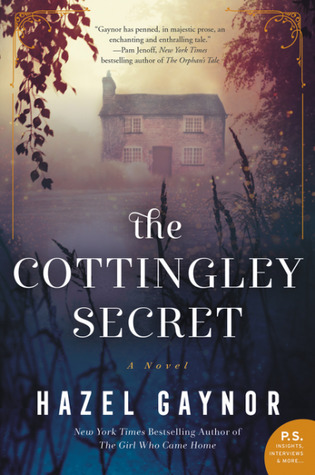

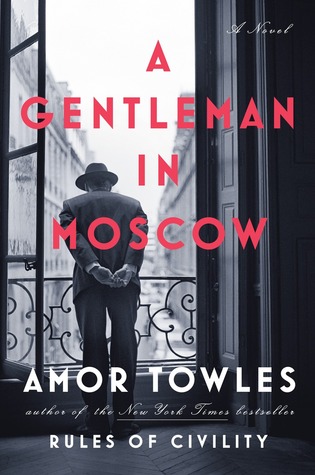
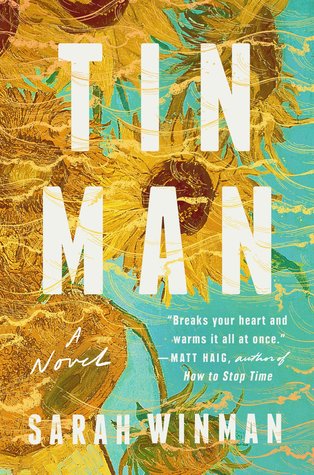




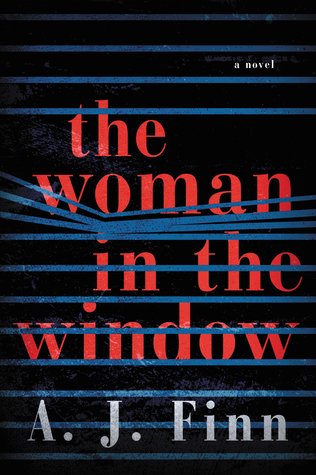

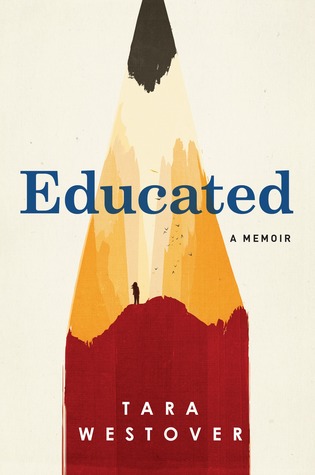


Julie, I’m not sure if all these books are that good or if it’s your ability to write such a compelling and provocative review that has me adding most to my TBR list. From fiction to non-fiction, you’ve piqued my interest.
The only one I’ve also read is A Gentleman in Moscow, which you described perfectly without giving anything away.
LikeLiked by 1 person
I can’t wait to hear what you think! There’s just so much amazing work out there- I get so overwhelmed!!
LikeLike